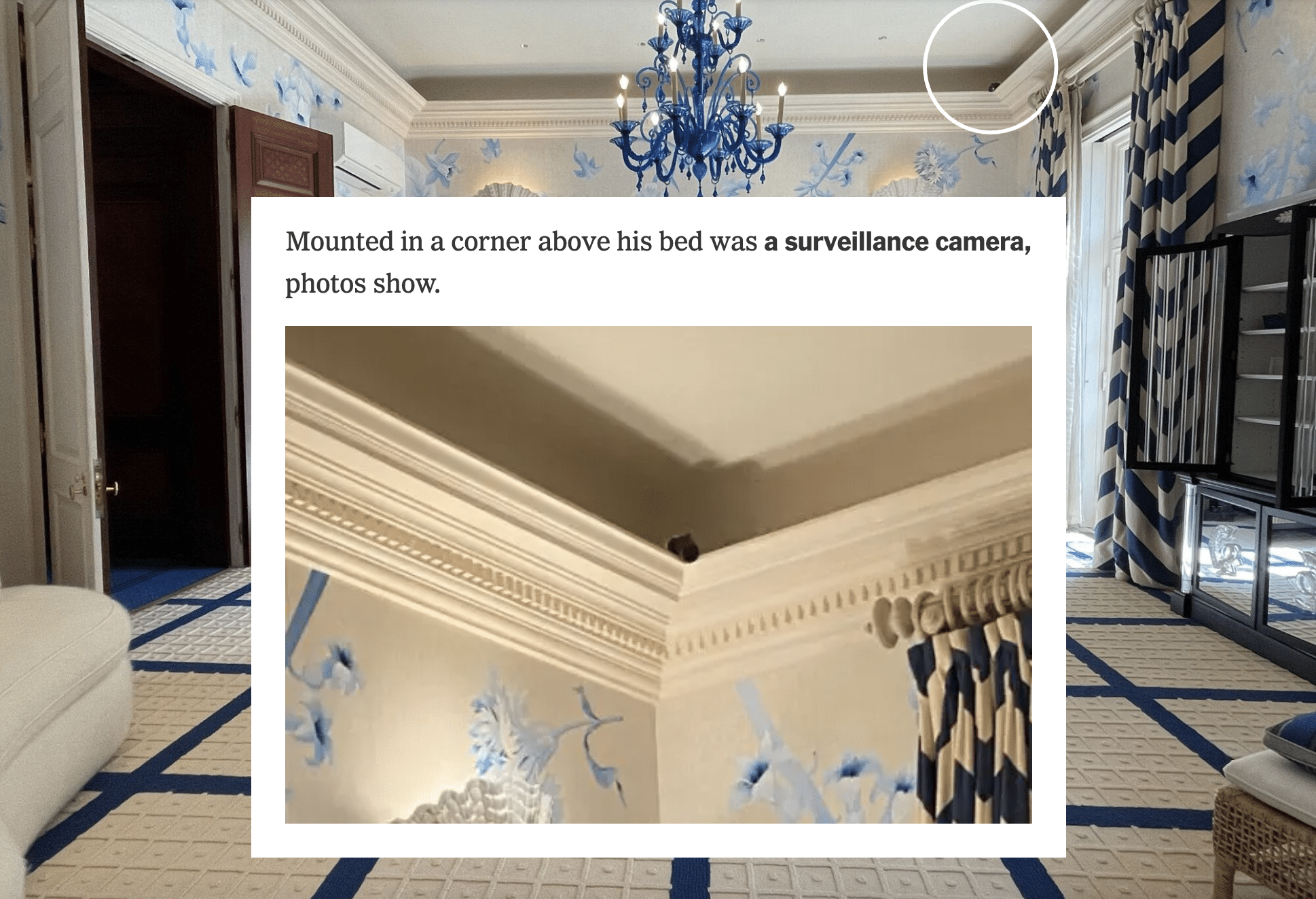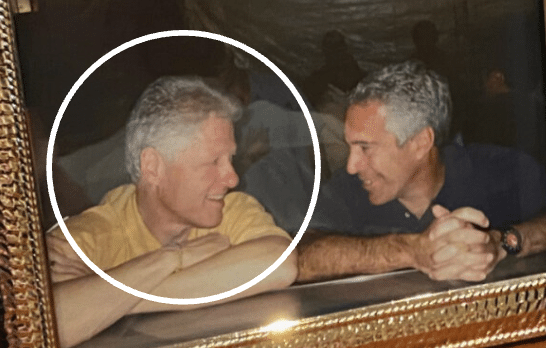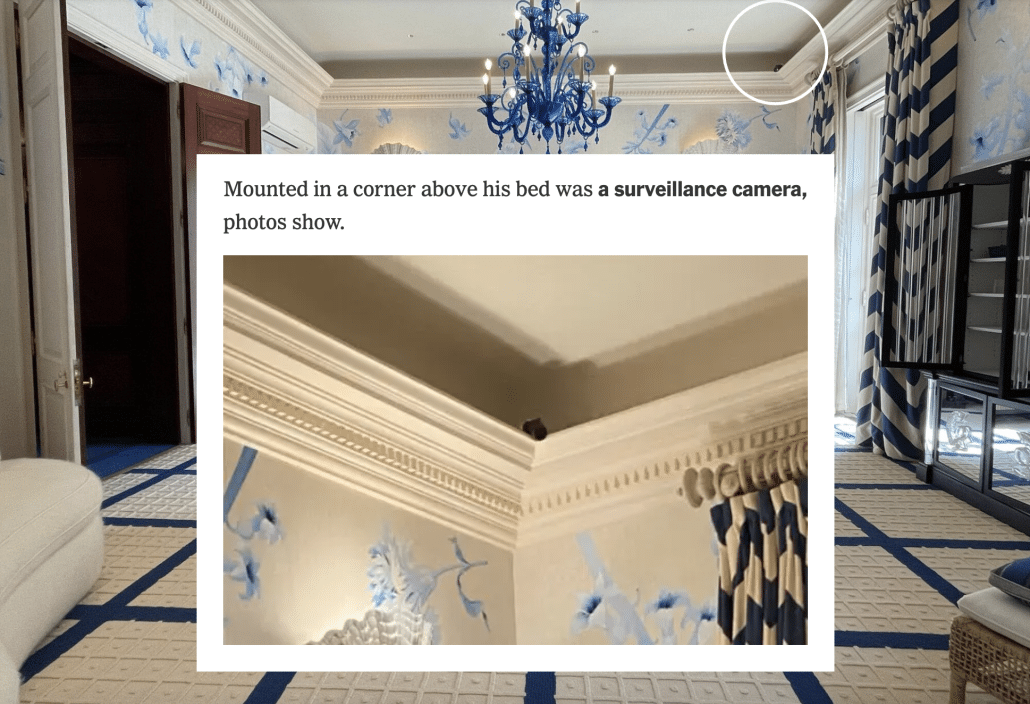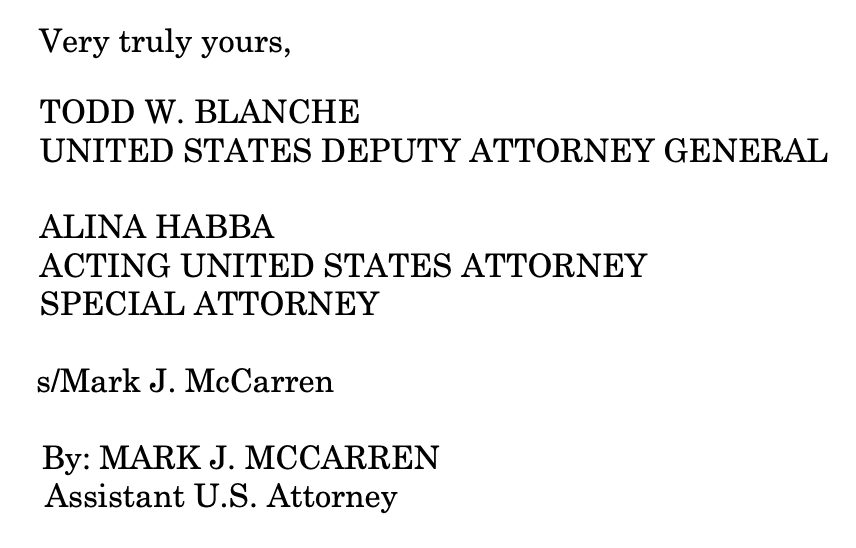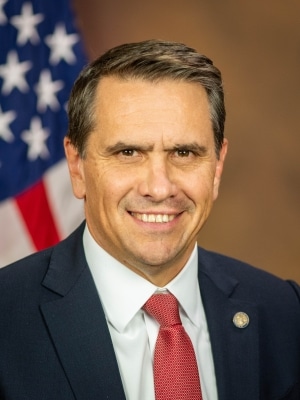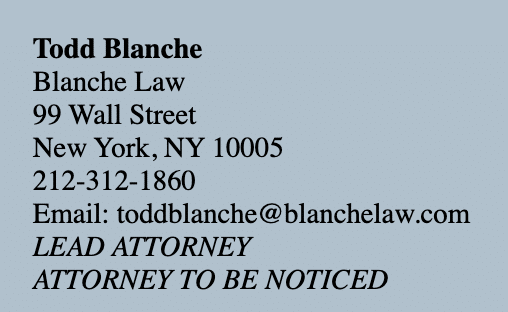Blackmail and Brownstones: Todd Blanche Locked Ghislaine Maxwell into Her Obvious Lies
When NYT first ran this story on August 5 — with the two earlier WSJ stories (July 17; July 24), the third story providing unprecedented details on the Epstein scandal during the period Trump has tried to bury his sex trafficking problem — I noted two things about it: The exceedingly weird treatment of Todd Blanche’s visit with Ghislaine Maxwell, in which NYT mentioned neither Blanche by name nor his title.
The White House had pledged to release details about the federal investigations into Mr. Epstein and his associates. But this summer the Trump administration backpedaled. The ensuing right-wing outrage has threatened to splinter the Make America Great Again movement — for whom Mr. Epstein is a central figure in conspiracy theories — and has put Mr. Trump on the defensive like few other issues.
Seeking to quell the backlash, the Justice Department dispatched a top official to meet with Ghislaine Maxwell, Mr. Epstein’s longtime associate who is serving a 20-year prison sentence for sex trafficking. On Friday, Ms. Maxwell was moved to a lower-security facility. [my emphasis]
The other remarkable aspect of the story is the absolute dearth of any source description for the photos from Jeffrey Epstein’s brownstone. None appears in the story or credited on the photos.
The refusal to provide any hints as to source carried over to the response that lead reporter David Enrich gave to a question about sourcing:
These are good questions, but I’m afraid there’s not a whole lot I can say because of the need to protect sources who provide us with information. The one thing I feel comfortable sharing is that we published this information as soon as we were able. This is not something we’ve been sitting on.
I fully recognize that it is frustrating as a reader not to have transparency about where/how journalists get information like this, but I hope you can also understand that protecting sources is paramount — people need to be able to trust that we will protect their confidentiality when they come to us with important information.
Viewed in the aftermath of the release of the Ghislaine Maxwell transcripts (July 24, July 25), however, something else sticks out.
First, there’s the number of people mentioned in the story also mentioned in Maxwell’s interview:
- Ehud Barak
- Leo Wexner
- Fidel Castro
- Elon Musk
- Pope John Paul II
- Larry Summers
- Bill Clinton
- Richard Branson
- Bill Gates
- Martin Nowak
There are people mentioned in the story that Blanche did not ask about: Mortimer Zuckerman, Woody Allen, Steve Bannon, Mick Jagger, and Joi Ito.
But of those who are mentioned, at least the Clinton picture suggests a closer relationship between Clinton and Epstein than Maxwell described in her interview (a point made in this analysis of the transcripts).
TODD BLANCHE: Did — and you’re not, I think you said, you don’t — you’re not aware of President Clinton ever going to the island?
GHISLAINE MAXWELL: He never. Absolutely never went. And I can be sure of that because there’s no way he would’ve gone — I don’t believe there’s any way that he would’ve gone to the island, had I not been there. Because I don’t believe he had an independent friendship, if you will, with Epstein.
Did they speak? Did he go? Yes, but that’s very different from going to spend time on an island.
Most striking, however, is how the story — with its attention to the video cameras visible in two rooms — debunks Maxwell’s claim that there were no video cameras in the brownstone, that there was no wiring for such cameras, a claim that Maxwell offered up to substantiate her claim that Epstein could not blackmail anyone.
GHISLAINE MAXWELL: Right. I — I think this is a really good place to start with how this story began.
TODD BLANCHE: Okay.
GHISLAINE MAXWELL: So even, let’s assume that that premise is correct, that he was doing that and he was going to tell everybody, going to say, “oh, you know, you had inappropriate relations with an underage girl.” If you don’t have a video or photograph, photographic evidence, because I — I’m not sure that even the FBI would take that. Well, maybe today, but certainly not back then, would take that seriously.
So you have to have something to say, “Hey, you know, look, I’ve got this video of you doing terrible things and you need to.” So I built those houses, many of them. I decorated those houses. I put the electricians in for the wiring. I never wired, nor saw, a single house that had any type of inappropriate, let’s say, video surveillance.
And I’ll define that for you.
Inappropriate surveillance would mean in a bathroom, in a bedroom, in any private area of a home.
TODD BLANCHE: In a room where there were massages given?
GHISLAINE MAXWELL: Inappropriate. I would say I would define “appropriate” surveillance to be the front door of a house, or potentially, as in 71st Street, the physical plant. Anywhere else would be grotesque.
TODD BLANCHE: So I just want to come back to — I know I’m just hopefully stating the obvious, but when you say “the houses,” you’re talking about his New York —
GHISLAINE MAXWELL: Yes.
TODD BLANCHE: — brownstone?
GHISLAINE MAXWELL: Yes.
There it is in the NYT, proof plain as day, that Maxwell’s claim there were no video cameras at the brownstone is false (though as described, the cameras were only in Epstein’s private space).
Yesterday, the same day Bill Gates quietly met at the White House with Trump, we learned that Gates had defunded Arabella Foundation, and with it a number of left-leaning groups. Gates is the most prominent person reported to be blackmailed by Epstein. If the FBI collected evidence that Epstein had blackmail material on Gates, Trump would now have it.
It was quite clear from Blanche’s interview that he wasn’t interested in meeting with Trump’s sex trafficker buddy to advance any normal investigative interests. He was offering Maxwell something she wanted — a chance to damage the victims again, a chance for cozier digs — in hopes of getting dirt on Trump’s political adversaries, and he was doing so to staunch the stories focusing on Trump’s close ties to Epstein.
Todd Blanche did none of the things a competent proffer would do. He didn’t insist on dates, he didn’t test Maxwell’s answers, he appeared to work mostly from gossip. On the specific question of whether Maxwell “stole” Trump’s spa girls, which Maxwell first denied:
TODD BLANCHE: Do you know whether masseuses from Mar-a-Lago’s spa ended up giving massages to — private massages to Mr. Epstein? I’m not asking for what you may have read, but from — at the time, from your personal knowledge, do you know whether that’s true?
GHISLAINE MAXWELL: I — I don’t — I don’t recall. Is it possible? Yes. But I don’t remember — I don’t remember that. So I don’t want to — I don’t recall that, but it’s possible.
TODD BLANCHE: Do you have a recollection of you ever recruiting a masseuse from Mar-a-Lago spa to give — to go give a private massage to Mr. Epstein?
GHISLAINE MAXWELL: I’ve never recruited a masseuse from Mar-a-Lago for that, as far as I remember. I can’t ever recollect doing that.
TODD BLANCHE: Okay. So what — what I think we should do now, it’s about 12:15. We’ll take a — we’ll take a break and we will come back in a little bit.
Then, the next day, conceded could have happened but Blanche prodded her for a specific denial that Maxwell recruited Virginia Giuffre there.
GHISLAINE MAXWELL: Some more names did come to me in the night, and I did have some additional memories just for clarity. I believe I said that I couldn’t think of anybody who I may have asked from Mar-a-Lago, but then I realized that I was — the allegation at least is that I met [redacted] in Mar-a-Lago and so I felt that I needed to address that. And I didn’t want to leave that hanging because that seems weird under the circumstances.
And also — but I couldn’t remember anyone and — maybe, you know, it’s a long period of time.
So the issue is not that I’m trying to not say, but I just don’t — I don’t remember anybody that I would have. But it’s not impossible that I might have asked someone from there.
TODD BLANCHE: I don’t — I don’t know exactly what you said yesterday, but I don’t think what you said yesterday is different than what you just said. So, yes. There’s —
GHISLAINE MAXWELL: Okay. I just wanted to be — I just didn’t want to feel that I had said no to something and that it — and —
TODD BLANCHE: [redacted] definitely had has said that she was working at Mar-a-Lago and that you received a treatment of her — from her at some point, and that you recruited her to meet Mr. Epstein.
GHISLAINE MAXWELL: Right.
TODD BLANCHE: Do you know, affirmatively, whether that’s true or false, or do you just not have a memory either way?
GHISLAINE MAXWELL: I really don’t believe it’s true. But I know that I did go to spas and if I met someone, I did ask if they’re (indiscernible) — so I don’t — in the realms of possibility, it could have, but I have no memory of it.
TODD BLANCHE: Okay. GHISLAINE MAXWELL: And I don’t believe that that it’s how it went down, but I don’t want to —
Not only did Blanche get the story wrong (Giuffre was not doing massages, she was working the desk, reading a book about massages), but he went to some length to get a specific denial on the record.
Even Trump knows this is false, as he publicly confessed days later.
Reporter 1: I’m just curious. Were some of the workers that were taken from you — were some of them young women?
Trump: Were some of them?
Reporter 1: Were some of them young women?
Trump: Well, I don’t wanna say, but everyone knows the people that were taken. It was, the concept of taking people that work for me is bad. But that story’s been pretty well out there. And the answer is, yes, they were.
[inaudible]
Trump: In the spa. People that work in the spa. I have a great spa, one of the best spas in the world at Mar-a-Lago. And people were taken out of the spa. Hired. By him. In other words, gone. And um, other people would come and complain. This guy is taking people from the spa. I didn’t know that. And then when I heard about it I told him, I said, listen, we don’t want you taking our people, whether they were spa or not spa. I don’t want him taking people. And he was fine and then not too long after that he did it again and I said Out of here.
Reporter 2: Mr. President, did one of those stolen persons, did that include Virginia Giuffre?
Trump: Uh, I don’t know. I think she worked at the spa. I think so. I think that was one of the people, yeah. He stole her. And by the way, she had no complaints about us, as you know. None whatsoever.
What Blanche did was not get the truth, but instead lock Maxwell into specific lies.
It was a shameful use of government resources.
But it appears to have achieved Mutually Assured Silence.
Timeline
July 6: DOJ and FBI renege on the promise to release Epstein files
July 8: Trump whines that his base kept talking about Epstein
July 15: WSJ contacts Trump about Epstein book story; Pam Bondi fires Maurene Comey
July 17: WSJ publishes first Epstein book story
July 22: News of Blanche meeting with Maxwell released
July 24: First day of interview; Maxwell claims she doesn’t remember recruiting at Mar-a-Lago; WSJ publishes second Epstein book story
July 25: Second day of interview; Maxwell concedes she may have recruited a spa girl at Mar-a-Lago
July 29: Trump confesses he knows that Virginia Giuffre was “stolen” from Mar-a-Lago
August 1: Maxwell moved to cozier digs
August 5: NYT brownstone story
August 22: Release of Maxwell transcripts

